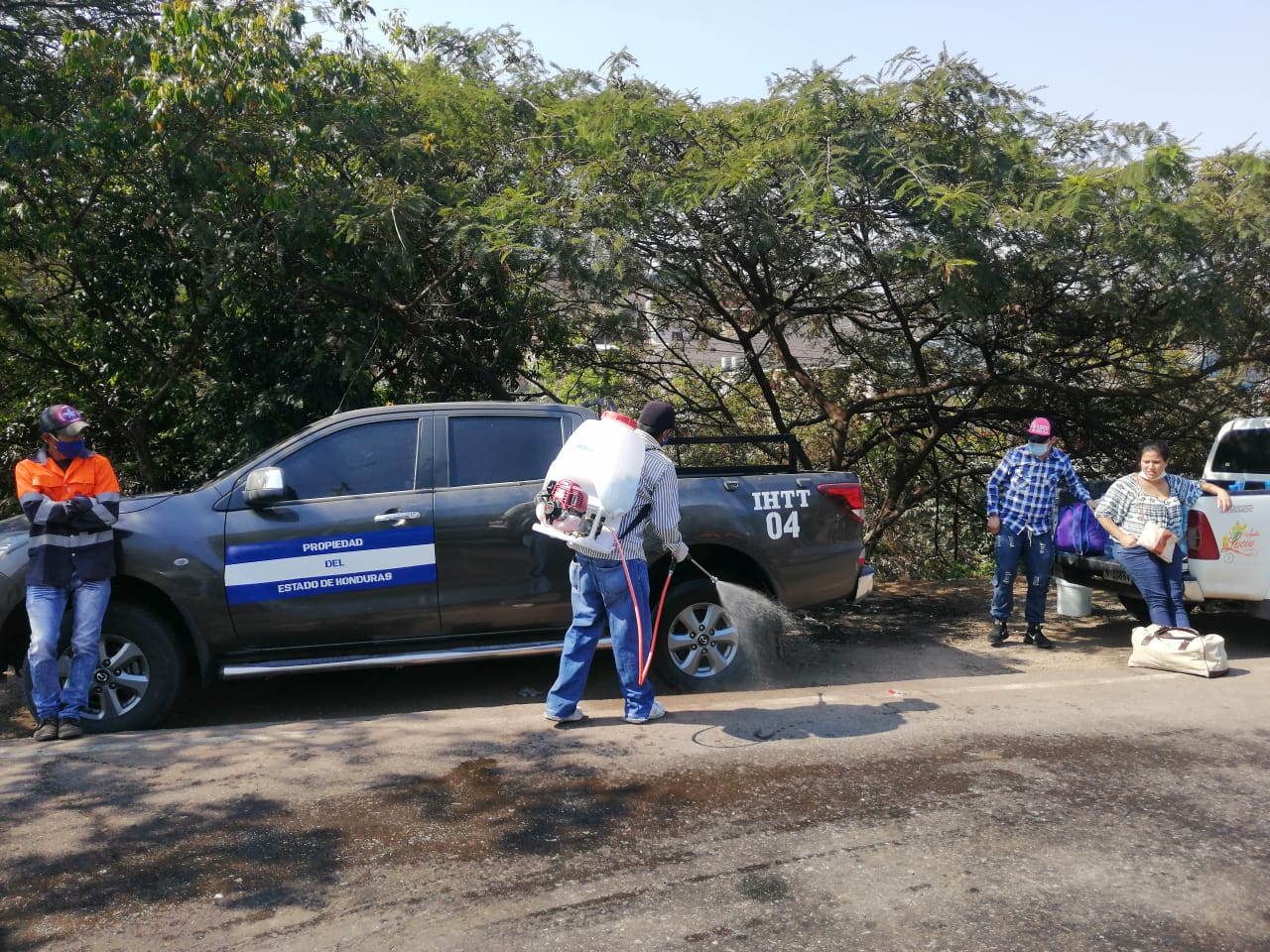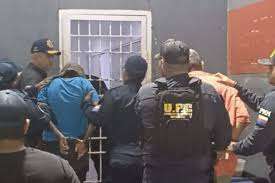The Government of Honduras reported, through the National Service for Food Health and Safety (Senasa), that since September 9 they began implementing fumigations in vehicles that enter through the border posts of that country with Nicaragua, in order to prevent the reintroduction of the cattle screwworm plague, which affects animals and humans in Nicaraguan territory.
“Honduras is implementing a new preventive measure in response to the presence of the cattle screwworm in the Central American region. Vehicles will be fumigated at border customs with the Republic of Nicaragua to prevent its reintroduction and spread into the national territory,” the National Service for Food Health and Safety (Senasa) said, according to local media.
Related news: Nicaragua records two cases of people infected with the screwworm
Emilio Aguilar, director of Senasa, explained that the measure includes applying “phytosanitary treatment of external spraying and internal atomization to the passenger cabin in all tourist and cargo vehicles entering our national territory from Nicaragua.”
He explained that the measure is “temporary” and that a fee of US$7 per vehicle has been established to cover the cost of the fumigations.
More than 2,500 animals infected with screwworm in Nicaragua
The Institute for the Protection and Health of Agriculture (IPSA) of Niacragua, on September 4, detailed that two people and “around 2,500 animals” have been infected by the cattle screwworm in the country.
Ricardo Somarriba, director of IPSA, revealed in official media that the presence of the screwworm in cattle in Nicaragua was detected “six months ago.” However, the Institute issued the “national animal health alert due to the presence of the screwworm” only five months ago, exactly on April 5 of this year.
Related news: Alert in Costa Rica: a second dead and 11 infected by the screwworm
The Ortega official explained that of the 2,500 cases in animals, at least 1,900 cases correspond to cattle, especially calves. The other animals infected by the plague are pigs, horses, cats and dogs.
The World Organisation for Animal Health (WOAH) details on its website that the cattle screwworm “is an obligate parasite of mammals, including humans, that is caused by the larval stage of the fly Cochliomyia hominivorax (Coquerel).”
The fly Cochliomyia hominivorax, according to WOAH, is responsible for depositing “eggs in open wounds of a warm-blooded animal, including humans, and, once these burst, the maggot begins to feed from the wounds.”

















